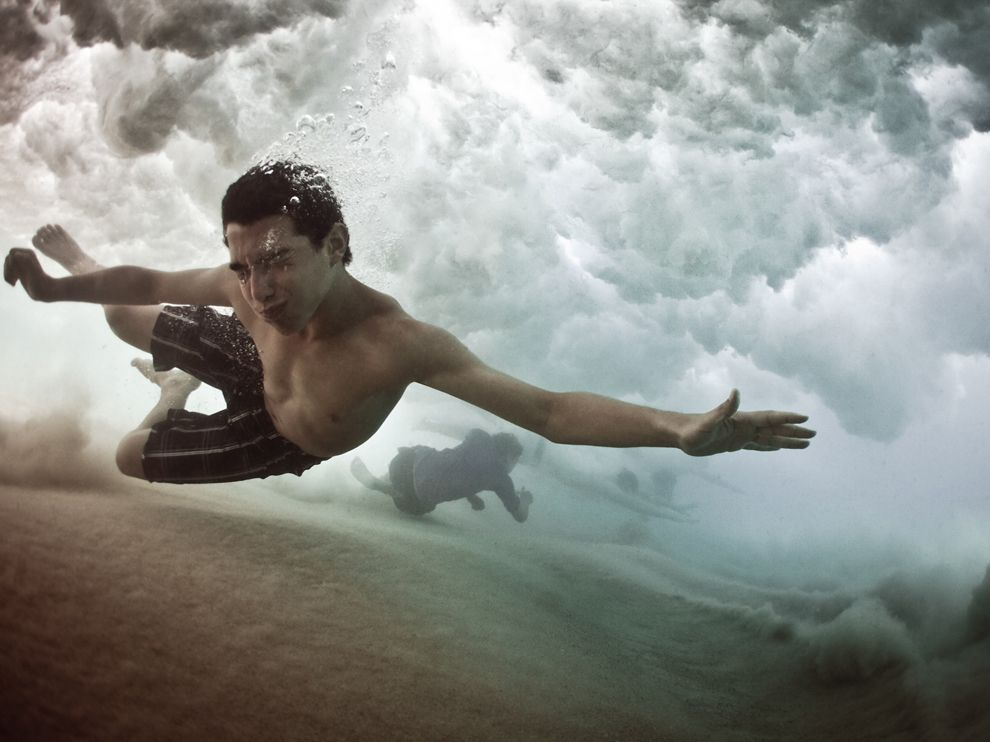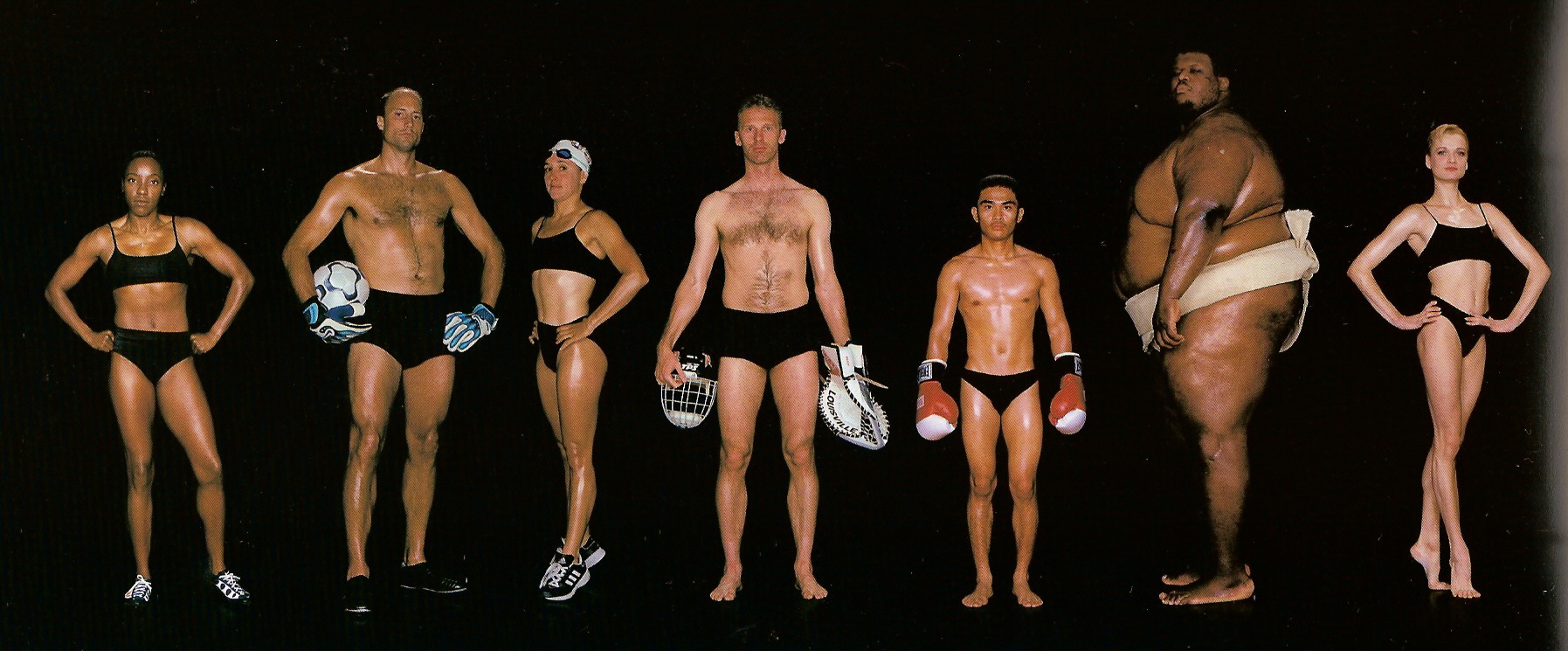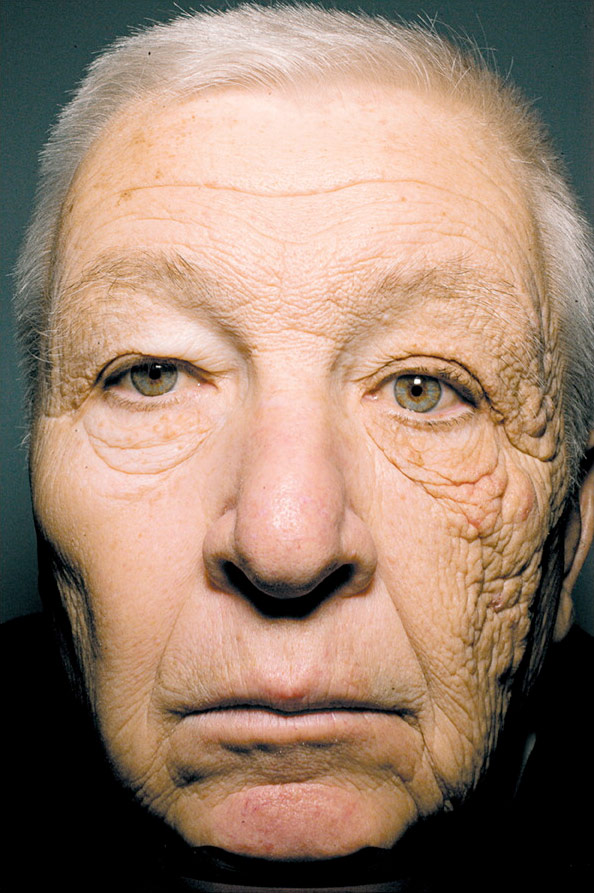Beautiful Photos
Architecture 101, Gummo
Elite Athletes in Underpants
Winter Colds Last Longer
Suppose a hamster is injected with bacteria which makes it sick - but in one case the hamster is on an artificial day/night cycle that suggests it’s summer; in the other case it’s on a cycle that suggests it’s winter. If the hamster is tricked into thinking it’s summer, it throws everything it has got against the infection and recovers completely. If it thinks it’s winter then it just mounts a holding operation, as if it’s waiting until it knows it’s safe to mount a full-scale response. The hamster “thinks” this or that?? No, of course it doesn’t think it consciously - the light cycle acts as a subconscious prime to the hamster’s health management system.
The Great Happiness Space
Silenced, Dolls
Funny/scary Study
Effects of heavy drinking by maritime academy cadets on hangover, perceived sleep, and next-day ship power plant operation. | Discoblog
Miles Davis on the Overly-hip
Miles Davis: People are so gullible - they go for that - they go for something they don’t know about.
Feather: Why do you think they go for it?
Davis: Because they feel it’s not hip not to go for it. But if something sounds terrible, man, a person should have enough respect for his own mind to say it doesn’t sound good. It doesn’t to me, and I’m not going to listen to it. No matter how long you listen to it, it doesn’t sound any good.
Anyone can tell that guy’s not a trumpet player - it’s just notes that come out, and every note he plays, he looks serious about it, and people will go for it - especially white people. They go for anything. They want to be hipper than any other race, and they go for anything ridiculous like that.
Positive Surprises Also Reduce Risk-taking
People appear to decrease their risk-taking levels after experiencing any surprising outcome — even positive ones.
“Surprising events are known to cause animals to stop, freeze, orient to the surprising stimulus and update their schemas of how the world works,” Demaree said. “Our recent research suggests that surprising events also cause people to temporarily reduce risk-taking.”
Films
Films
Respect for the Organ Donor
This appears to be the parents kissing their terminally ill daughter before she donates organs to save at least two other lives. Beautiful pain.
Aphorisms
“Other things being equal, finish the job that isnearest done.”
A famous physicist offered thisadvice: “Don’t waste time on obscure fine pointsthat rarely occur.”
Decision theorist I. J. Good writes, “Theolder we become, the more important it is to usewhat we know rather than learn more.”
Galen offered this: “If a lot of smart people have thoughtabout a problem [e.g., God’s existence, life on otherplanets] and disagree, then it can’t be decided.”
Films
Films
Quitting Time
Say you yell every day at an/your eight year old girl for sloppy homework, admittedly a terrible thing to do but not uncommon, and eventually she thinks, “I’m terrible at everything” and gives up, so the standard interpretation of this is that she has lost self-confidence, she’s been demoralized, and case by case you may be right, but there’s another possibility which you should consider: she chooses to focus on “I’m terrible at everything” so that she can give up. “If I agree to hate myself I only need a 60? I’ll be done in 10 minutes. “
It is precisely at this instant that a parent fails or succeeds, i.e. fails: do they teach the kid to prefer (find reinforcement in) the drudgery of boring, difficult work with little daily evidence of improvement, or do they teach the kid to prefer (find reinforcement in) about 20 minutes of sobbing hysterically and then off to Facebook and a sandwich? Each human being is only able to learn to prefer one of those at a time. Which one does the parent incentivize? If you read this as laziness you have utterly missed the point. It’s not laziness, because you’re still working hard, but you are working purposelessly on purpose. The goal of your work is to be done the work, not to be better at work. For a great many people this leads to an unconscious, default hierarchy in the mind, I’m not an epidemiologist but you got it in you sometime between the ages of 5 and 10:
is better than
is better than
You should memorize this, it is running your life. “I’m constantly thinking about ways to improve myself.” No, you’re gunning the engine while you’re up on blocks. Obsessing and ruminating is a skill at which we are all tremendously accomplished, and admittedly that feels like mental work because it’s exhausting and unrewarding, but you can no more ruminate your way through a life crisis than a differential equation. So the parents unknowingly teach you to opt for , and after a few years of childhood insecurity, you’ll choose the Blue Pill begin the dreaming: someday and someplace you’ll show someone how great you somehow are. And after a few months with that someone they will eventually turn to you, look deep into your eyes, and say, “look, I don’t have a swimming pool, but if I did I’d drown myself in it. Holy Christ are you toxic.”
“Well, my parents were really strict, they made me–”
N=1 Sunlight, Even Through Glass (UVA), Severely Ages Skin
Sunlight has UVA (higher frequency, deeper penetrating) and UVB rays. UVB is completely blocked by thin glass (your car window).
A set of final U.S. FDA rules going into effect for summer 2012 defines the phrase “broad spectrum” as having a UVA SPF at least as high as the UVB SPF.
Modern Art Conspiracy
“We wanted to unite all the people who were writers, who were musicians, who were artists, to demonstrate that the West and the United States was devoted to freedom of expression and to intellectual achievement, without any rigid barriers as to what you must write, and what you must say, and what you must do, and what you must paint, which was what was going on in the Soviet Union. I think it was the most important division that the agency had, and I think that it played an enormous role in the Cold War.”He confirmed that his division had acted secretly because of the public hostility to the avant-garde: “It was very difficult to get Congress to go along with some of the things we wanted to do - send art abroad, send symphonies abroad, publish magazines abroad. That’s one of the reasons it had to be done covertly. It had to be a secret. In order to encourage openness we had to be secret.”If this meant playing pope to this century’s Michelangelos, well, all the better: “It takes a pope or somebody with a lot of money to recognise art and to support it,” Mr Braden said. “And after many centuries people say, ‘Oh look! the Sistine Chapel, the most beautiful creation on Earth!’ It’s a problem that civilisation has faced ever since the first artist and the first millionaire or pope who supported him. And yet if it hadn’t been for the multi-millionaires or the popes, we wouldn’t have had the art.”






